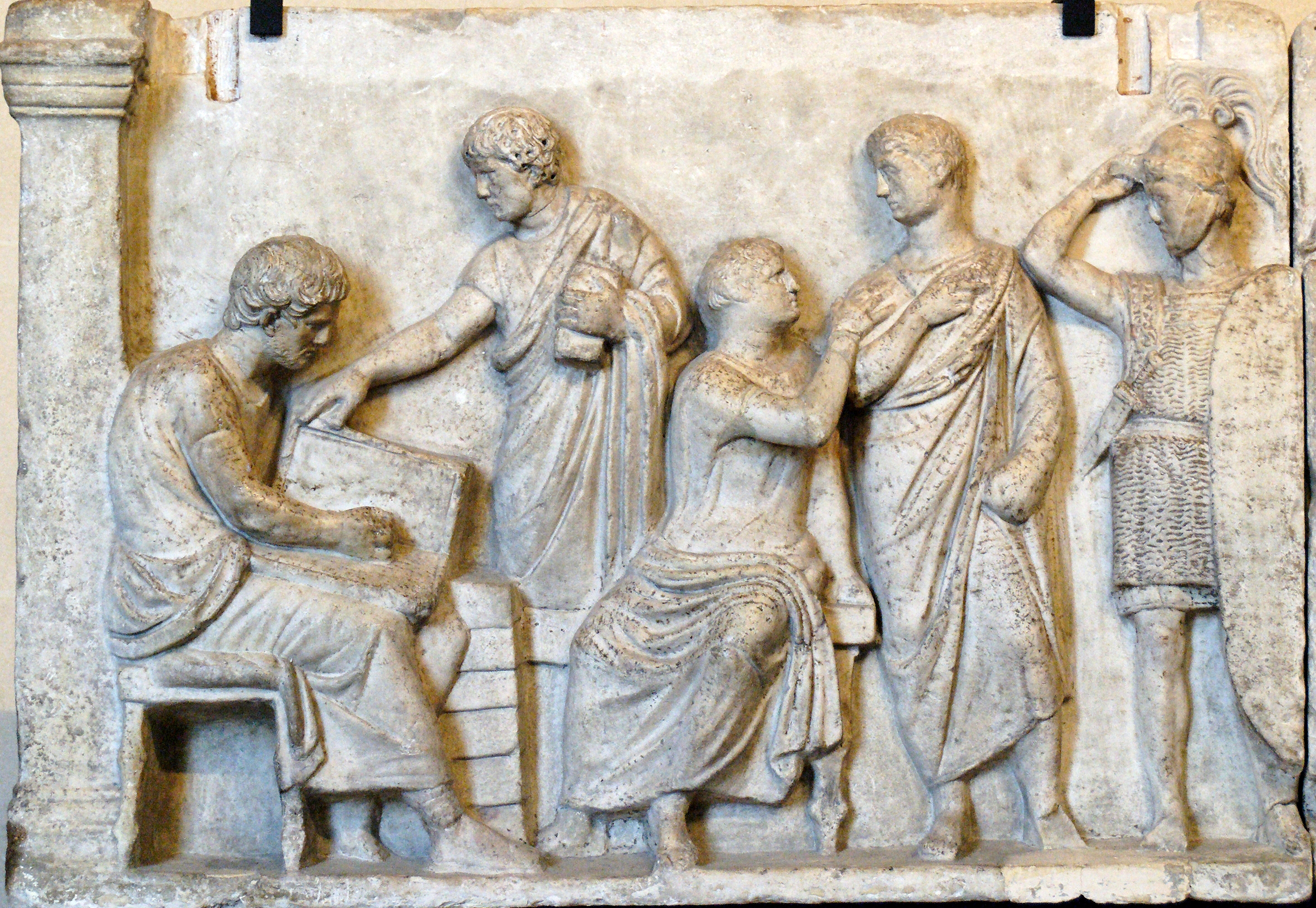

Rome, a.C. 443. Censors were elected for the first time. Two centuries later it would be the most important magistrature of the Republic. Every five years, they chose two censors among consular senators.
It was a position of great responsibility: they were primarily responsible for the census of citizens and hence their name, but also some aspects of public finances, including the determination of public works that the Republic would pay in the next five years. In addition, the recognition of public morality was their responsibility and often also included in the private sphere.
Therefore, if a Roman acted inappropriately or opposed the Roman tradition and good customs, the censors marked in the census the error made, that is, "censored". The reasons why someone was marked on the census were very diverse: not respecting marriage, excessive luxury, non-compliance with personal responsibilities, cruelty with slaves… In the case of Equites or knights, for example, poor care of the horse caused it to be marked on the census.
If a Roman acted inappropriately or opposed Roman tradition and good customs, the censors marked in the census the error made next to his name, that is, "censored"
Beyond the census, the violation of the narrow Roman morality implied other consequences: exile, loss of social status… In the case of Equites, the penalty was confiscation of the horse, which was ultimately publicly funded by the Republic.
However, those who corrected the wrong behaviors could also get forgiveness and erase the annotations they had on the record. They literally stopped being marked.
d. C. In the year 22, with the end of the Republic and the establishment of the Empire, Emperor Augustus assumed the functions of the censor, officially eliminating censorship as a magistrature. But the concept of censorship was gaining its current meaning and continued (and strongly) to this day.